
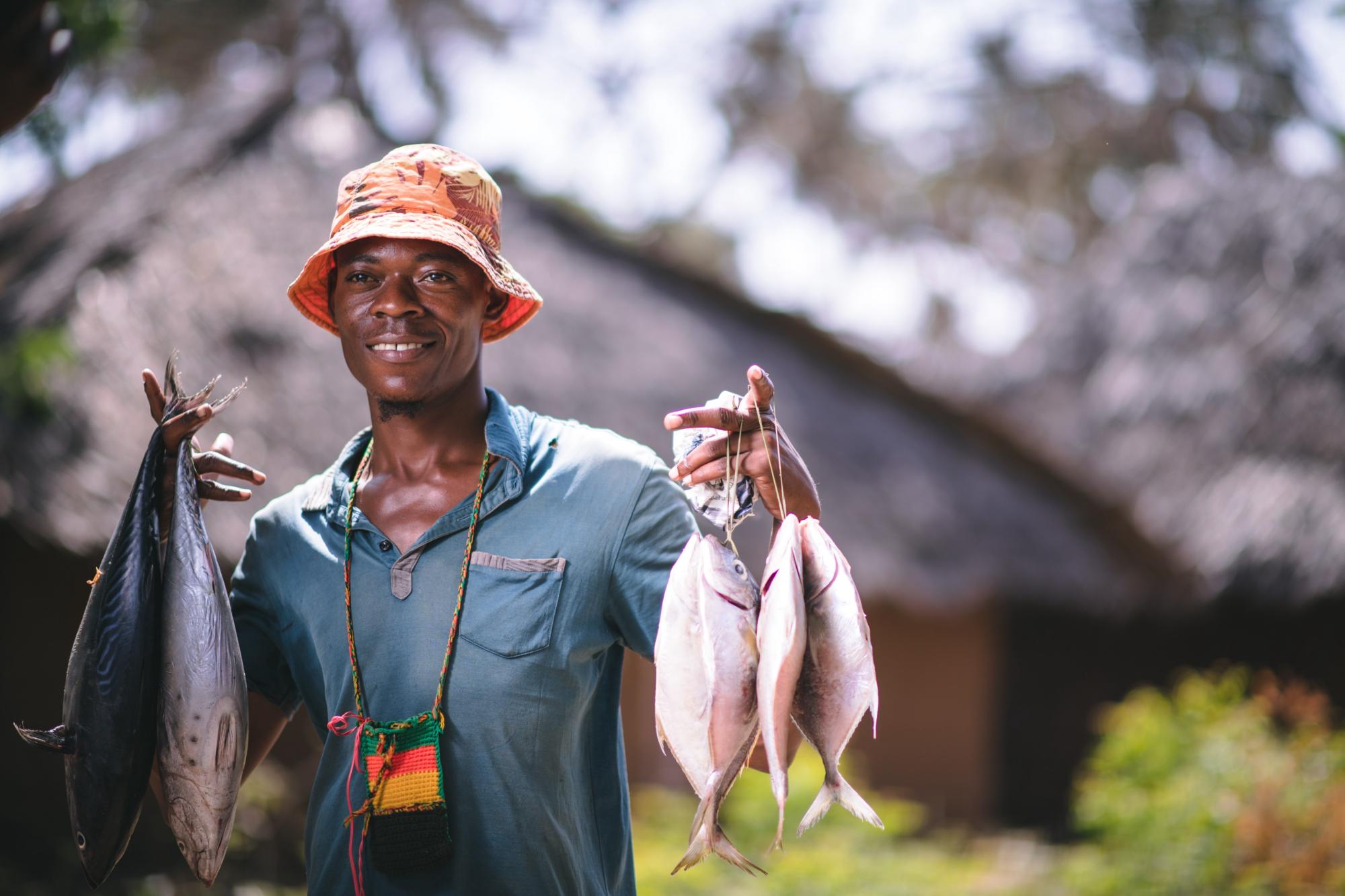
Along Kenya’s storied coastline, from the bustling port of Mombasa to the quiet fishing villages of Lamu and Kilifi, the Indian Ocean has always been more than a body of water.
It has fed families, powered maritime trade and anchored Swahili culture for centuries.
But today, this lifeline is under severe strain. Illegal, unreported and unregulated fishing, climate change and economic pressures are threatening marine ecosystems and the communities that depend on them.
Authorities estimate East Africa loses hundreds of millions of dollars annually to illegal fishing.
The impact is deeply felt in Kenya’s coastal counties, where small-scale fishers depend on the ocean for survival.
When foreign vessels skirt regulations or exploit weak enforcement, it is local livelihoods that suffer.
Illegal fishing displaces artisanal fishers, robs governments of revenue, undermines food security and weakens fragile coastal economies.
Kenya’s own experience shows what can be achieved with coordinated action.
The Kenya Coast Guard Service, set up just a few years ago, has significantly reduced illegal fishing in the country’s territorial waters.
Its officers credit this success to training, regional cooperation, and partnerships with communities.
But the challenge remains immense, as fish stocks continue to decline and climate threats add further pressure.
Against this backdrop, a new regional initiative, the Jahazi Project is emerging with ambitious goals.
The project, launched by Ascending Africa, is being hailed as a potential game changer for Kenya and its neighbours in East Africa.
Michael Mallya, the project’s spokesperson, says the project takes its name from the traditional Swahili dhow, or jahazi, a familiar sight along the Kenyan coast.
The choice of name is intentional, tapping into deep cultural symbolism, heritage, resilience and the ability to navigate turbulent waters.
“The Blue Economy holds enormous potential for East
Africa, but this promise is at risk,” says Mallya.
“With The Jahazi Project, we are committed to joining forces, amplifying efforts, and ensuring our oceans remain abundant for generations to come.”
For coastal Kenyans, the symbolism resonates. He says a jahazi is more than a boat; it is a reminder of history and identity.
As fishers in places like Malindi and Shimoni grapple with dwindling catches and climate uncertainties, the project’s mission extends beyond ecological restoration to economic empowerment and cultural pride.
The Blue Economy refers to the sustainable use of ocean resources for economic growth, jobs and ecosystem health.
It includes fisheries, aquaculture, tourism, shipping and renewable energy. Kenya’s coastline has vast potential.
The African Union projects the Blue Economy could grow sharply across the continent in the coming decades, creating millions of jobs and boosting food security.
Already, fishing supports thousands of households in Kilifi, Kwale and Lamu counties, while the expansion of Lamu Port and cruise tourism points to broader maritime opportunities.
But experts warn that without strong environmental safeguards, this growth could be short-lived.
Overfishing, destructive trawling and weak enforcement already threaten food security for coastal families. Illegal fishing also feeds wider criminal networks linked to smuggling and human trafficking.
Kenya’s Coast Guard has provided a glimpse of what works, cutting illegal fishing dramatically through law enforcement and partnerships.
A regional study by the World-Wide Fund for Nature shows illegal tuna and shrimp fishing alone costs the Southwest Indian Ocean economies hundreds of millions of dollars a year.
For Kenya, where fish is a staple and a source of income, this is more than a statistic; it is a lived reality for fishing communities.
According to Ascending Africa, the Jahazi Project is built around four key pillars: strengthening maritime surveillance and enforcement; empowering communities; policy advocacy; and education and awareness.
“This means more joint patrols in territorial waters in Kenya, better monitoring of foreign fishing fleets and closing regulatory loopholes. It also means supporting local fishing cooperatives, encouraging sustainable practices and creating alternative livelihoods so families are not solely dependent on dwindling fish stocks,” says Ascending Africa.
Mallya says the project’s first phase is rolling out in Kenya, Tanzania and Mozambique, with plans to expand across the wider Southwest Indian Ocean region.
It includes pilots for community-led marine conservation zones and joint maritime patrols to counter illegal vessels.
Experts say turning the Blue Economy’s potential into reality is not cheap, and that sustainable marine industries across Africa require significant annual investment over the next decade. Currently, funding levels remain far below what is needed.
Mallya adds that projects like Jahazi are timely because they attract investment and catalyze cooperation.
“But they will only succeed if governments, investors and communities commit for the long haul. We need governments, investors and communities moving together if we want lasting ocean health and shared prosperity,” Mallya says.
The project also seeks to centre communities in decision-making. Small-scale fishers account for more than half of East Africa’s tuna catch but are often squeezed out by distant-water fleets.





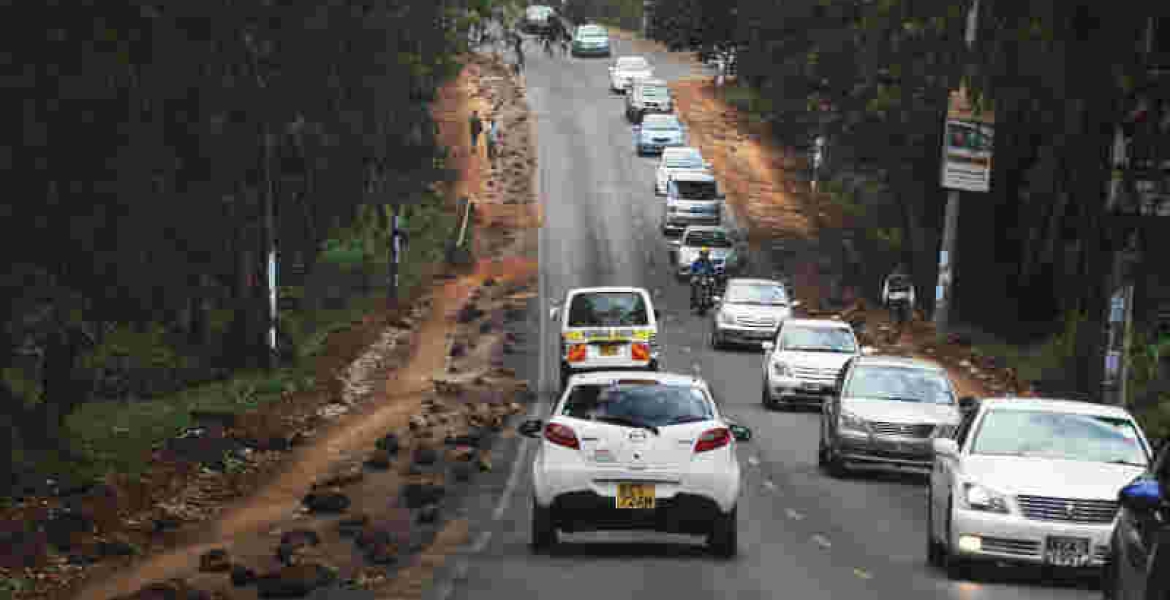

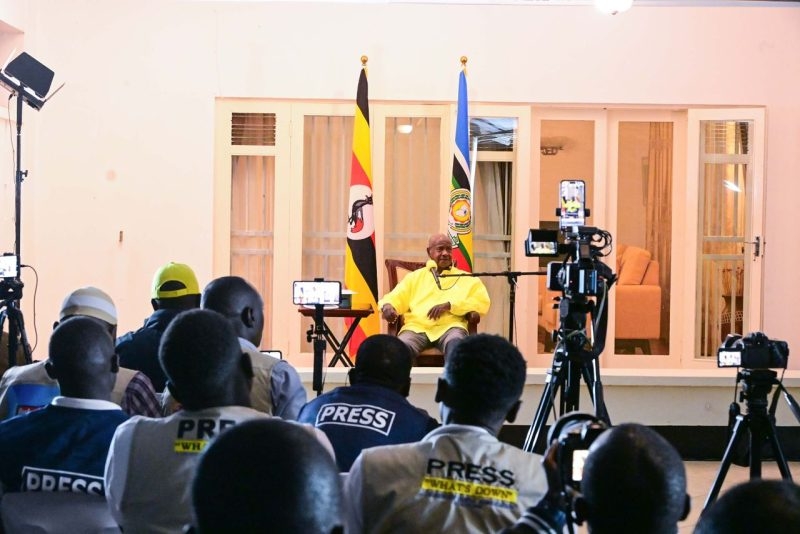





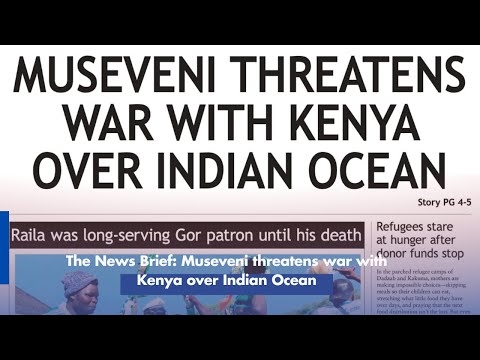

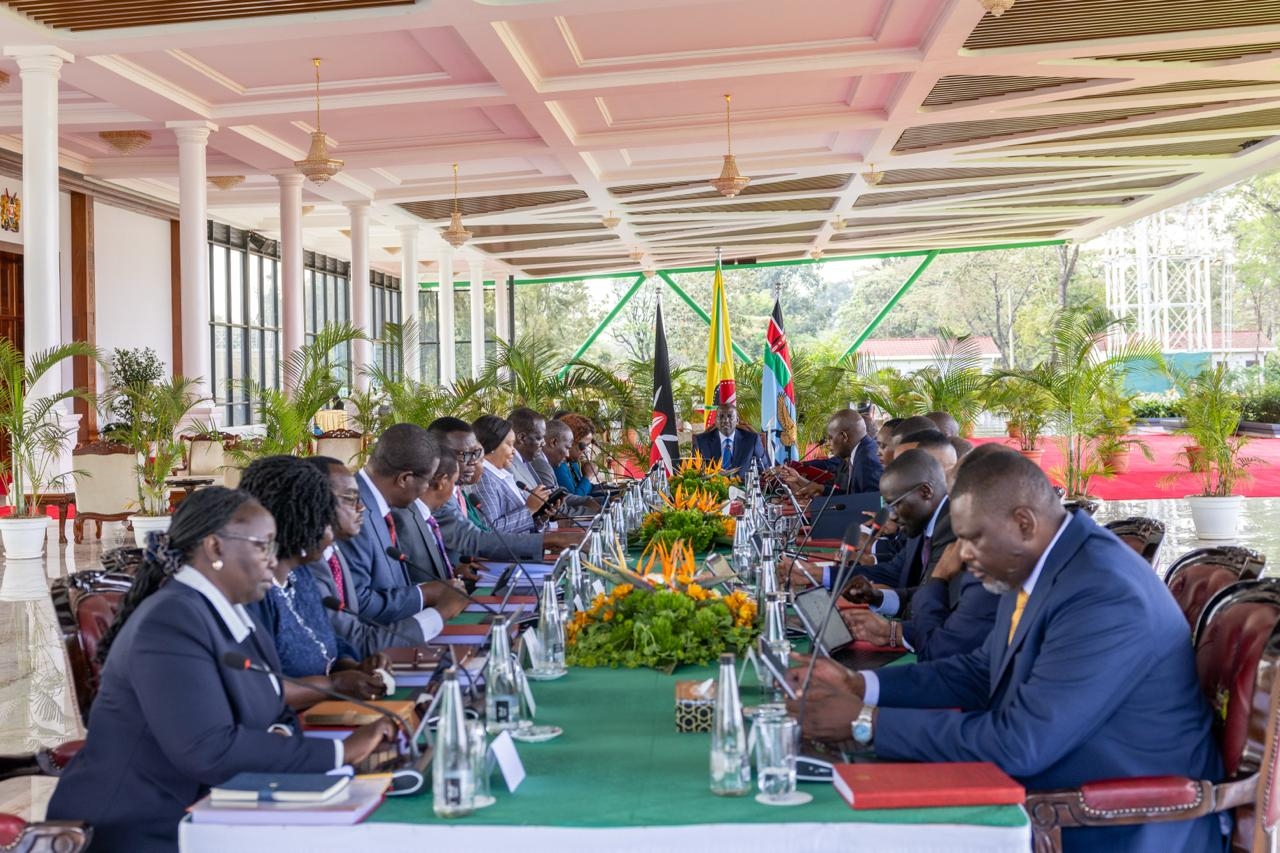
![[PHOTOS] Gor fans march to Bondo to honour Raila](/_next/image?url=https%3A%2F%2Fcdn.radioafrica.digital%2Fimage%2F2025%2F11%2F753aaa26-999c-40fe-bf2e-409fc6282745.jpeg&w=3840&q=100)
